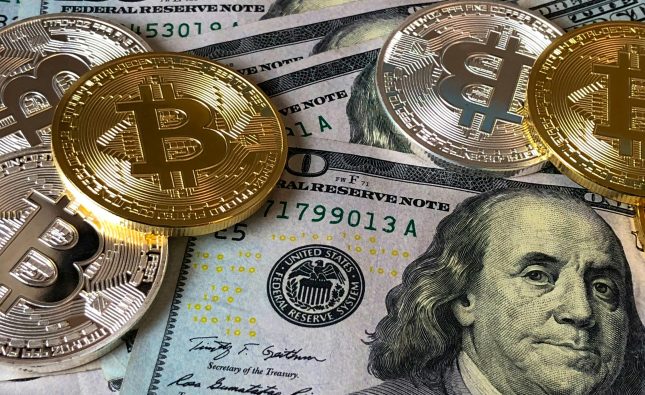
Inflation is an economic phenomenon that refers to the general increase in the prices of goods and services over time. While inflation is a natural part of any healthy economy, it can have significant implications for consumers, particularly when it comes to their personal finances.
One of the most significant ways that inflation can impact individuals is through the erosion of their purchasing power. As the prices of goods and services rise, the same amount of money can buy fewer things. For example, if you have $100 today, and the inflation rate is 2%, then a year from now, that $100 will only be able to purchase goods and services worth $98 in today’s dollars. This means that you’ll need to spend more money to maintain the same standard of living.
Inflation can also affect various types of investments, such as stocks, bonds, and real estate. For instance, stocks and bonds with fixed returns can become less valuable as inflation rises. Similarly, real estate can become less attractive if inflation drives up the cost of construction and maintenance.
On the other hand, some assets can benefit from inflation. Commodities such as gold, silver, and oil tend to perform well during times of inflation because their value tends to rise along with the price of goods and services.
To mitigate the effects of inflation on personal finances, individuals can take several steps. One option is to invest in assets that tend to perform well during inflationary periods, such as commodities or inflation-protected securities. Another option is to adjust spending habits to accommodate higher prices, such as by prioritizing essential expenses and cutting back on discretionary spending.
Overall, inflation is a complex economic issue that can have significant implications for personal finances. By understanding the impact of inflation and taking proactive steps to mitigate its effects, individuals can better protect their financial well-being.










